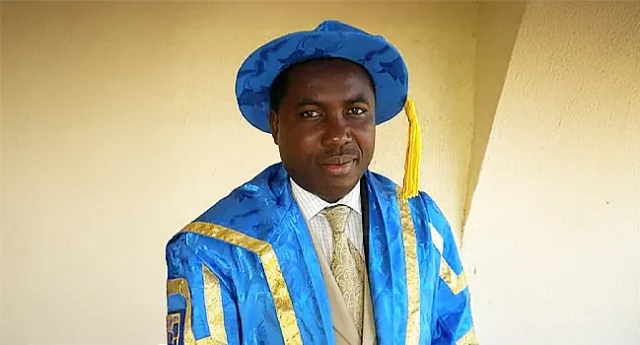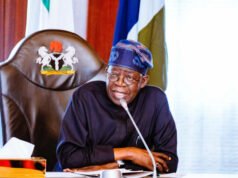In a pivotal move that marks a new chapter in Nigeria’s electoral leadership, President Bola Ahmed Tinubu has officially confirmed Professor Joash Ojo Amupitan (SAN) as the substantive Chairman of the Independent National Electoral Commission (INEC). The confirmation follows the completion of Professor Mahmood Yakubu’s two-term tenure and ushers in a fresh face at the helm of the nation’s electoral body.
The announcement comes at a time of growing interest ahead of the Anambra State governorship election, as the new chairman is expected to settle into the role swiftly. Sources indicate that Prof. Amupitan’s name was tabled for approval at the upcoming meeting of the National Council of State — a procedural step before formal assumption of duties.
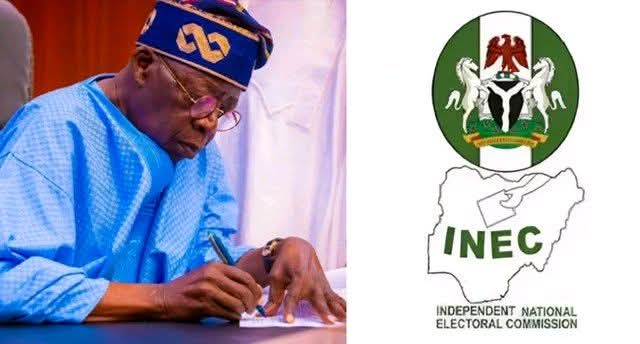
Table of Contents
Yakubu Steps Down, National Honour Conferred
Professor Mahmood Yakubu, who has led INEC since 2015, exited the post after completing the constitutionally permitted two terms. On October 3, in a letter to the President, he expressed gratitude for the opportunity to serve the country, according to the State House Abuja.
In recognition of his decade of service, President Tinubu conferred on him the national honour of Commander of the Order of the Niger (CON). The State House confirmed that Yakubu has been directed to hand over responsibilities immediately to the most senior INEC National Commissioner, May Agbamuche-Mbu, who will operate in an acting capacity pending the formal inauguration of his successor.
May Agbamuche-Mbu, by virtue of her seniority among INEC commissioners, has stepped in to maintain continuity and institutional stability during the transitional period.
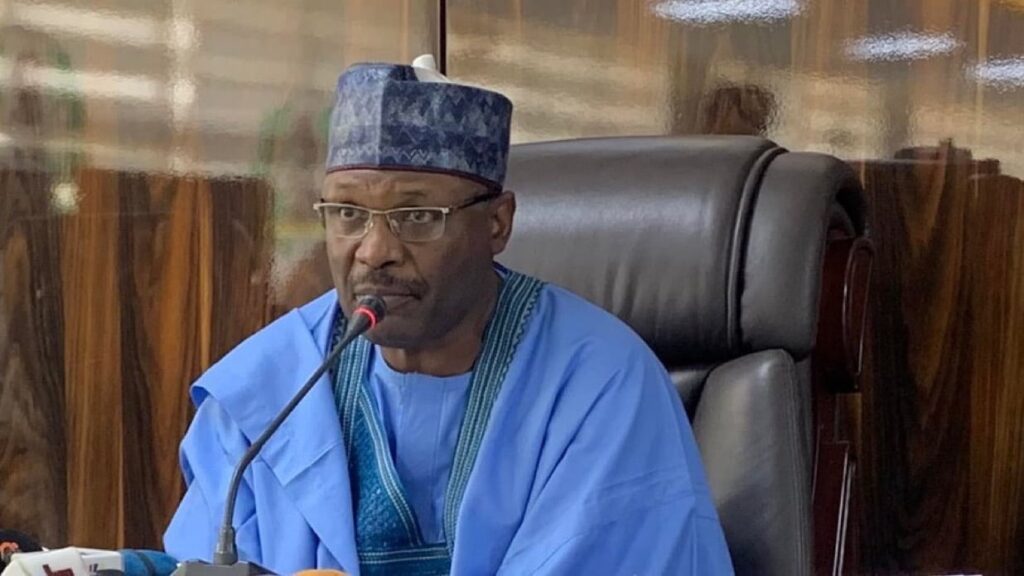
Profile of the New INEC Boss
Prof. Joash Ojo Amupitan emerges as the selected nominee following careful deliberations within the presidency. His selection was reportedly cleared in advance of the Council of State meeting, suggesting strong executive backing.
A legal scholar, Amupitan holds the title of Senior Advocate of Nigeria and currently serves as Deputy Vice-Chancellor (Administration) at the University of Jos. His academic specialities include Law of Evidence, Corporate Governance, Corporate Law, and Privatisation Law.
Amupitan was born on April 25, 1967, in Aiyetoro-Gbede, within Kogi State’s Ijumu Local Government Area. Over the years, he has held various administrative and academic positions—Head of Department, Dean, member of numerous university governing councils, and has published extensively in legal and governance-related fields.
Beyond academics, sources note that he also served as legal counsel to Senator Dino Melaye. Observers speculate that this connection may have strengthened his visibility and suitability for the INEC role.
Process, Implications, and Political Undertones
Under the 1999 Constitution (as amended), the appointment of the INEC Chair is a presidential prerogative, subject to Senate confirmation. The nominee must be of “unquestionable integrity” and not less than fifty years old. A Senate screening will follow the Council of State endorsement, and upon approval, Amupitan will be formally sworn into office.
Political watchers suggest that the timing of this change is strategic. Given that Anambra’s gubernatorial election is imminent, installing a new chair ahead of time allows Amupitan to assert his leadership and stability before major electoral work begins.
Moreover, analysts also raise the possibility that Yakubu’s removal was accelerated over concerns within the presidency. Among the speculated issues were Yakubu’s involvement in registering new political parties before the end of his tenure and fears about his “neutrality” in politically sensitive contests. Some sources allege that key political actors, such as Governor Hope Uzodinma, lobbied President Tinubu for a change to avoid destabilisation of the ruling party’s electoral plans.
Still, others argue that the transition reflects the normal constitutional cycle and that the change presents an opportunity for reforms and renewed credibility at INEC. Observers are now watching closely to see how Amupitan will tackle lingering challenges in Nigeria’s electoral processes, including transparency, election violence, litigation, and internal procedural reforms.
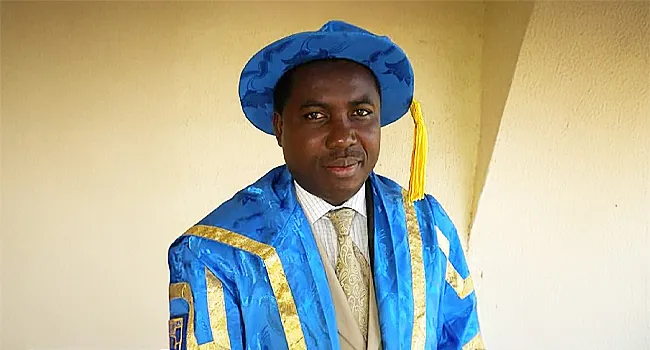
In the immediate term, the finalisation of his appointment and the conduct of the Anambra election may offer early tests of his stewardship. His performance could influence public confidence not only in that election, but in the middle- and long-term trajectory of the 2027 general elections.
Join Our Social Media Channels:
WhatsApp: NaijaEyes
Facebook: NaijaEyes
Twitter: NaijaEyes
Instagram: NaijaEyes
TikTok: NaijaEyes


